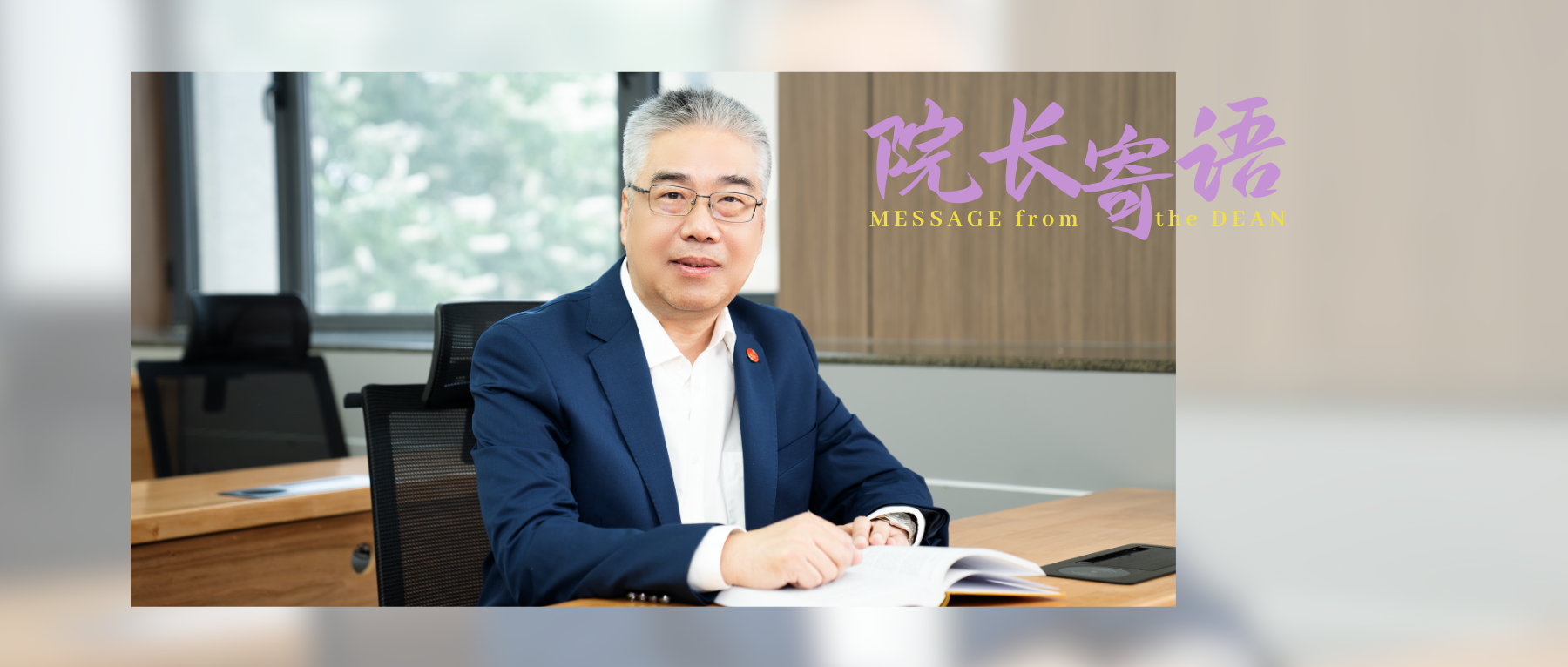
A Project Manager Who Proactively Takes Ownership of Their Personal and Professional Growth
People feel anxious because they lack control over their own development. One reason why there are so many "young and struggling" faculty members in the school is that our young teachers are constantly in a passive state—trying to prove their value to the school and exhausting themselves to meet evaluation metrics. On a deeper level, this stems from the belief that we cannot live without the school, rather than the belief that the school cannot live without us
As the renowned artist Baishi Qi profoundly observed, “Those who learn from me thrive; those who merely imitate me stagnate.” For example, this timeless wisdom underscores the imperative to transcend superficial resemblance and grasp the underlying essence. While performance metrics are necessary, it is the underlying value orientation they embody that truly reflects the school's fundamental aspirations. These metrics may evolve with the school's competitive positioning, but the core values they represent remain steadfast over time. Therefore, to alleviate anxiety, we must create based on the school's value orientation rather than obsess over performance metrics. The former approach fosters agency and naturally fulfills evaluation requirements, while the latter leads to passive exhaustion in chasing ever-evolving targets. As management scholars and educators, we must remember this fundamental truth: effective management anticipates challenges, not merely reacts to them.
The school's comprehensive implementation of project-based management represents a transformative approach to productive relations, providing faculty with opportunities, resources, and platforms to take charge of their professional growth. Our work falls into two categories: operational tasks focused on repetitive, stable processes prioritizing efficiency and reliability improvements; and project-based initiatives emphasizing unique, time-sensitive value creation. While both are essential, operational work maintains our baseline, whereas project work drives innovation and creates competitive advantage - the primary source of the school's value differentiation.
In the era of artificial intelligence advancement, value creation has become the fundamental criterion for the school's survival and development, as a significant portion of operational tasks face automation. Projects represent a continuum of creative work from value discovery to delivery. Project management competence will inevitably serve as the critical benchmark for assessing our school's competitiveness at national, societal, and institutional levels, and will equally determine the evaluation of each faculty member's capabilities and contributions. As Huawei recognizes projects as its fundamental business units and project management as its core competency, so must our School of Management embrace this paradigm.
A project manager is the team leader in value creation—someone who identifies opportunities, integrates resources, and reliably delivers value step by step. They are entrepreneurs who break through boundaries of discipline, title, position, and resources. An outstanding project manager is the School’s uncrowned king. To be an assistant researcher or an independent scholar, a few top journal publications may suffice. But to be a professor, one must take on the role of a project manager who makes influential contributions in creating new knowledge, new theories, new solutions, and in developing talent.Furthermore, every cadre promoted or recommended by the School must be a "mini CEO"—someone capable of leading a team to open new frontiers for the School. Administrative positions within the School are limited, but project manager roles that create value are limitless. The scale of the School’s endeavor determines the number of titles we can truly sustain.
As our digital intelligence capabilities expand, operational staff handling routine tasks will decrease, while project management teams grow. Projects form the fundamental building blocks of institutional advancement and serve as vehicles for new productive forces. Identifying value opportunities and assuming project leadership roles represents the most effective - indeed essential - path to overcoming professional anxiety. When we consistently prove our value through projects, we take control of our professional growth, transforming our personal career anxieties into the school's responsibility to retain and develop us. The school must then actively strategize to retain talent through competitive compensation, career development platforms, and enhanced authority and recognition. This imperative stems from our role as drivers of institutional growth and competitive advantage - we become indispensable to the school's success.